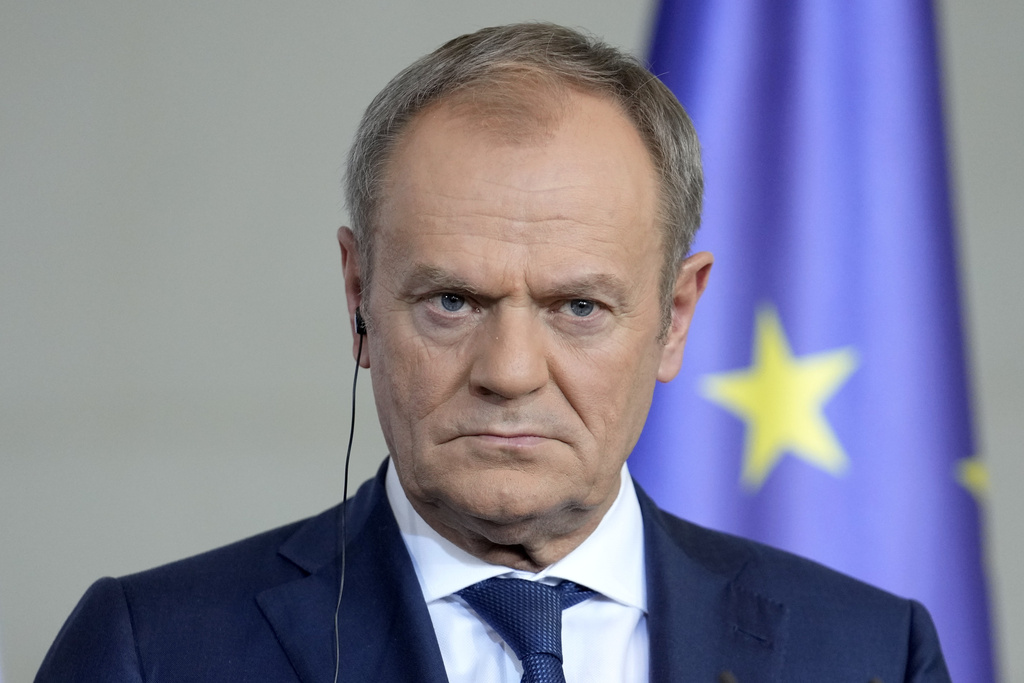Polish Prime Minister Donald Tusk told reporters after a recent cabinet meeting that he suspected the Russian secret service of being behind at least some of the fires to hit Poland in the last two weeks.
He announced that he has thus ordered a commission to be set up to investigate Russian and Belarusian influence on internal security and the national interest.
Tusk said he expected the first report from the appointed commission to come in the summer and that “the commission would conduct its work without the presence of cameras and the media.” However, regular updates would be provided as to its progress.
Asked about former defense minister and PiS politician, Antoni Macierewicz, Tusk made clear that he expected the commission to examine all the allegations being made against him. Macierewicz is a conservative stalwart and anti-communist opposition politician who set up Poland’s territorial army corps. He was responsible for purging the security services of former communists but has now been accused of having Russian sympathizers in his entourage.
Tusk hoped that the commission would get to the bottom of many concerning incidents and that, as a result of the commission’s work, indictments may follow. He added that the period of coverage for the committee’s work would be from 2004 until the present day, meaning no period of government or political party was singled out.
“The likely outcome of this commission’s work will be recommendations to the prosecution. It doesn’t matter under which government these things happened,” he added.
The Polish prime minister also addressed the issue of the Polish border with Belarus. He revealed that most of the illegal crossings were not spontaneous; 90 percent of the illegal migrants attempting them were in possession of Russian visas; and thousands of people from Yemen, Ethiopia, Eritrea, and Somalia were present in encampments in Russia.
“The information obtained yesterday: Several such concentration points have been located in several places in Russia, with thousands of migrants,” added Tusk.





